

Three Years Later: The Dire State of Afghanistan and Global Strategies for Ways Forward
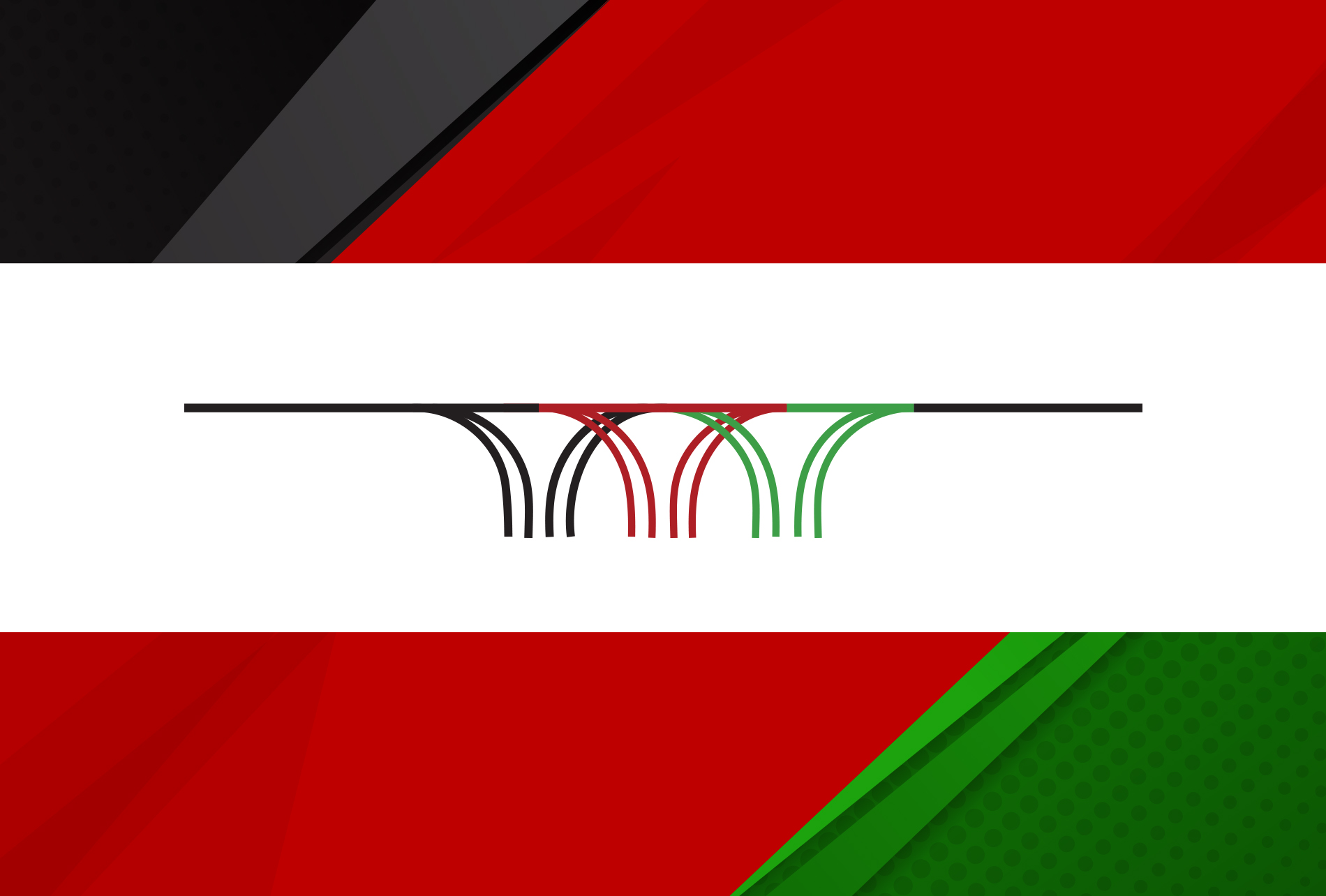
To mark the third year of Taliban's takeover of Afghanistan, the Afghanistan Policy Lab at Princeton School of Public and International Affairs (SPIA) and the Georgetown Institute for Women Peace and Security (GIWPS) will convene a diverse group of stakeholders, including experts, policymakers, civil society leaders, and affected communities for a one-day event in Washington, D.C. The event aims to provide a comprehensive analysis of the current situation in Afghanistan through a discussion of the impacts of the Taliban's rule on various sectors including economic stability, civic engagement, women’s rights, and justice in the country.
On August 15, 2021, the Taliban took control of Afghanistan for the second time, marking a significant shift in the country’s political landscape. The rapid change in governance has had profound and far-reaching negative impacts on Afghanistan's economy, social fabric, and human rights landscape. Three years on, it is crucial to reflect on these changes, understand their implications, and chart a course of actions.
By convening this diverse group of stakeholders, the event aims to foster understanding, generate actionable insights, and promote collaborative efforts to address the ongoing challenges. The discussions and outcomes will serve as a foundation for continued advocacy and support for the Afghan people in their pursuit of stability, rights, and justice.
Economic Impact:
The Taliban’s return to power has resulted in significant economic challenges. The dire humanitarian situation and the rising food insecurity have impacted the day-to-day lives of Afghans, especially women. The event will provide an analysis of the current economic conditions, exploring issues such as GDP decline, inflation, unemployment, and the humanitarian crisis. Discussions will also focus on how the private sector and local businesses are adapting to these challenges and what role international institutions can play in stabilizing the situation.
Civic Space and Women's Rights:
Under Taliban rule, the civic space in Afghanistan has dramatically shrunk. Restrictions on freedom of expression, assembly, and association have been imposed, severely limiting the activities of civil society organizations. Women and girls have faced particularly harsh restrictions, affecting their rights to education, employment, and participation in public life. This event will examine the current status of civic space and women’s rights, highlighting the struggles and resilience of Afghan civil society and exploring strategies for international support and advocacy.
Justice and Human Rights:
The Taliban’s regime has been marked by concerns over human rights violations, including summary executions, arbitrary detentions, and restrictions on media and personal freedoms. The event will address the critical elements of justice and human rights in Afghanistan, discussing mechanisms for accountability, the role of international organizations, and the importance of rebuilding trust in the international legal system, in the absence of an Afghan one.
Speakers
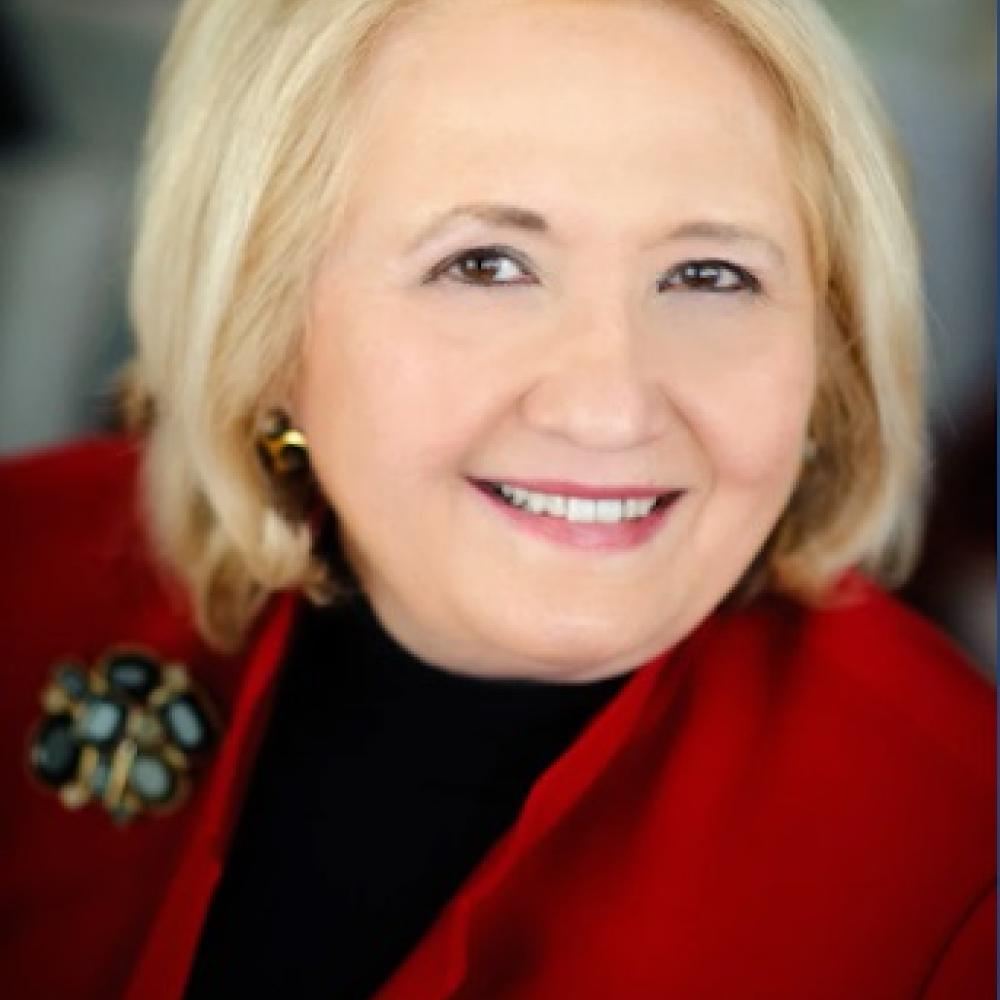
Ambassador Melanne Verveer is the Executive Director of the Georgetown Institute for Women, Peace and Security. She most recently served as the first U.S. Ambassador for Global Women’s Issues, a position to which she was nominated by President Obama in 2009. She coordinated foreign policy issues and activities relating to the political, economic and social advancement of women, traveling to nearly sixty countries, and helped develop the U.S. National Action Plan on Women, Peace and Security. Ambassador Verveer formerly served as the Special Representative on Gender Issues for the OSCE Chairperson-in-Office and is the co-founder of Vital Voices Global Partnership.
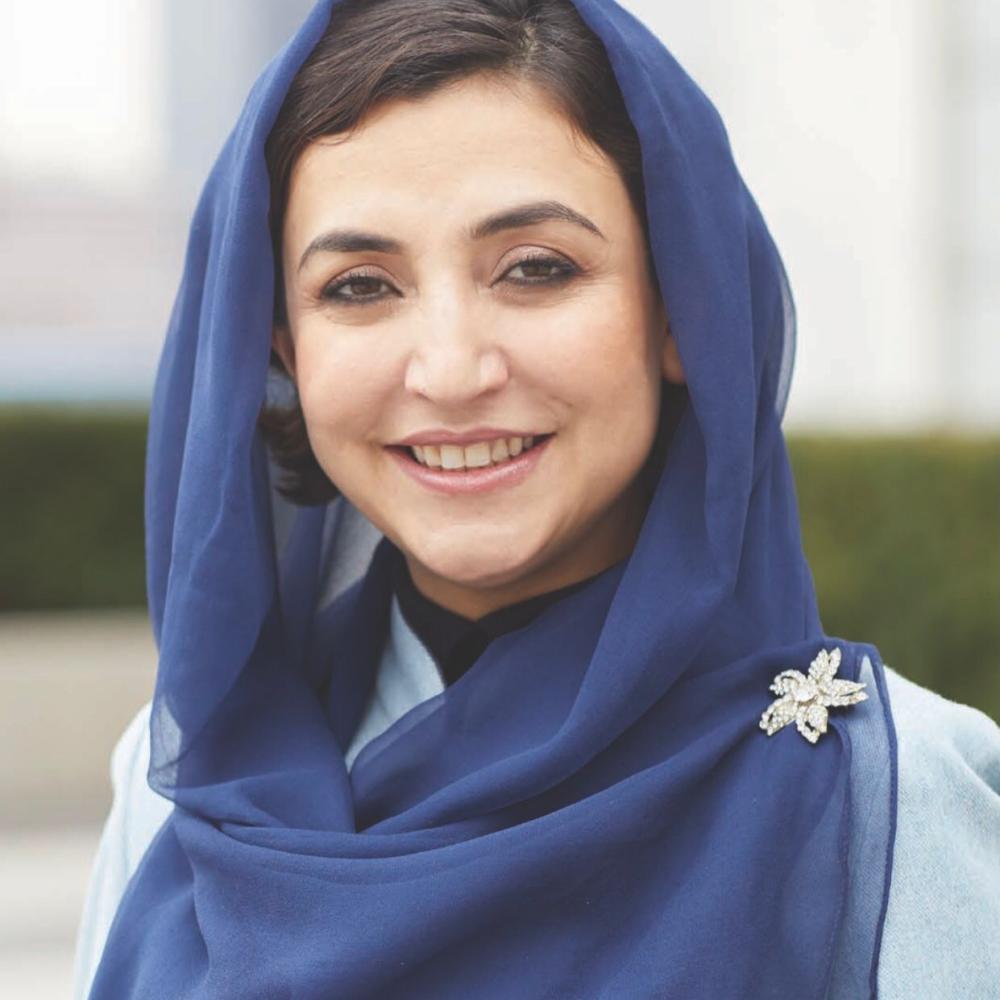
Ambassador Adela Raz served as the last Ambassador of the Islamic Republic of Afghanistan to the United States. Prior to that Amb. Raz served as the first female Ambassador and Permanent Representative of Afghanistan to the United Nations. At the U.N., Amb. Raz was the Vice President of the 75th session of the General Assembly, and was also appointed by the President of U.N’s General Assembly to serve as the co-coordinator on COVID-19-related initiatives.
Before her arrival at the U.N. Amb. Raz was the Deputy Foreign Minister in Afghanistan. At the Ministry of Foreign Affairs (MFA,) she managed the regional and economic cooperation portfolios and led the two major platforms: the Regional Economic Cooperation Conferences on Afghanistan and the Heart of Asia – Istanbul Process. On behalf of MFA, she helped to manage and coordinate the Brussels (2016) and Geneva (2018) Donor Conferences on Afghanistan and led the negotiations on the outcome documents.
In 2013, she served as the first female Deputy Spokesperson and Director of Communications for President Hamid Karzai. She began her career with the U.N. Assistance Mission in Afghanistan and continued to work in a variety of positions at various international development organizations in the U.S. and Afghanistan. Amb. Raz holds a Master of Arts degree in Law and Diplomacy from the Fletcher School at Tufts University, and a Bachelor of Arts, with honors, with triple majors in International Relations, Political Science, and Economics from Simmons University in Boston. She also earned a certificate in International Development from the Fletcher School at Tufts University.
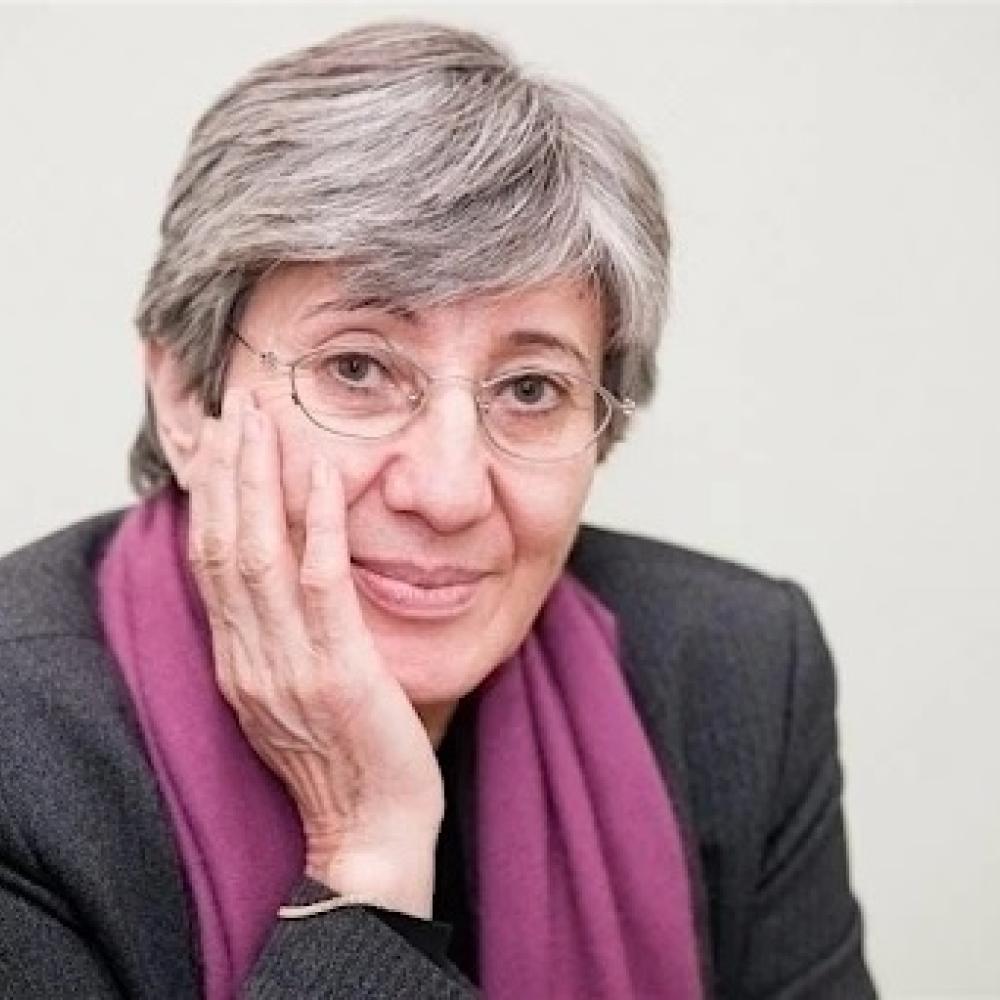
Dr. Sima Samar is a globally renowned women’s and human rights activist and doctor from Afghanistan. She established the Shuhada Organization that operated more than one hundred schools and dozens of hospitals and clinics in the country. Samar served as Minister of Women’s Affairs of Afghanistan and as Chair of the Afghan Independent Human Rights Commission. She was also formerly a member of the UN Secretary-General’s High-Level Panel on Internal Displacement. Her many honours include the Right Livelihood Award, the Profile in Courage Award and the Ms. Magazine Women of the Year Award. Samar is currently a visiting scholar at Tufts University’s Fletcher School in the United States where she is based.

Lisa Curtis is Director of the Indo-Pacific Security Program at the Center for a New American Security. With over 20 years of service in the U.S. government, her most recent assignment was serving as Deputy Assistant to the President and NSC Senior Director for South and Central Asia from 2017-2021. She has also worked at the CIA, State Department, U.S. Senate, and at the U.S. embassies in Islamabad and New Delhi. Curtis received the Secretary of Defense Medal for Outstanding Public Service in December 2020 in recognition of her work at the NSC. She currently serves on the Board of Directors of Radio Free Europe/Radio Free Liberty and is a Member of the Council on Foreign Relations.
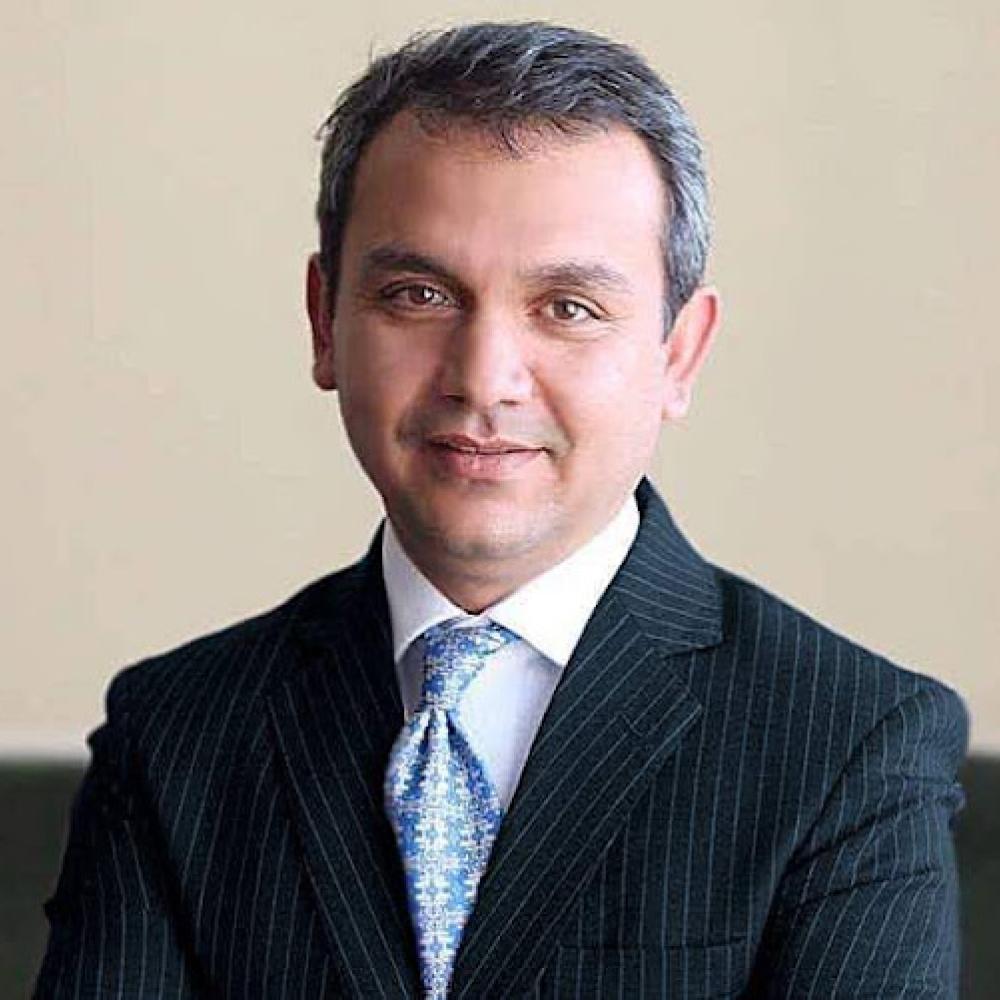
Nader Nadery is a Senior Fellow with the Wilson Center and is a fellow with Hoover Institution of Stanford University. His background spans civil society, institutional building, government and research. He is an internationally known advocate for human rights and justice. He also has firsthand experience in negotiating peace.
Nadery has served as a commissioner of the Independent Human Rights Commission, Chairman of Civil Service Commission, senior advisor to the Afghan president on strategic affairs and human rights. He also served as chief of party to the work of NPWJ in Libya to promote rule of law and justice in 2012. He is an associate fellow with Asser Institute, center for international and European law. Nadery’s views and writings regularly appears in major media outlets including New York Times, WSJ, Washington Post, BBC, CNN and others. He has received numerous accolades, including being named an "Asian Hero" by Time magazine, a Young Global Leader by the World Economic Forum, and received the Reebok Human Rights Award. Nadery holds a LLB from Kabul University, a MA in international relations from George Washington University and has studied leadership at the Kennedy School of Government. He speaks English, Pashtu, Dari/ Persian, Baluchi, Urdu and basic Dutch.

